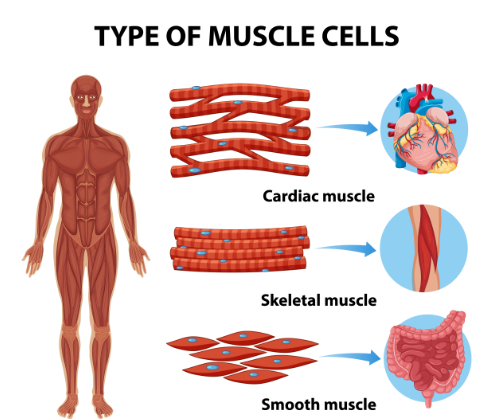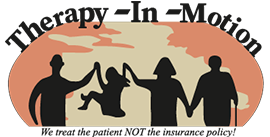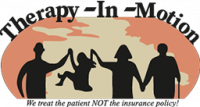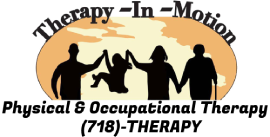
Duchenne Muscular Dystrophy
By: Dr. Abe Kopolovich, DPT, MBA, JD-IP
Duchenne muscular dystrophy, sometimes shortened to DMD or just Duchenne, is a rare genetic disease. It primarily affects males, but, in rare cases, can also affect females. Duchenne causes the muscles in the body to become weak and damaged over time, and is eventually fatal. The genetic change that causes Duchenne — a mutation in the DMD gene — happens before birth and can be inherited, or new mutations in the gene can occur spontaneously. Learn more about the genetics behind Duchenne.
The cause of Duchenne
Duchenne is caused by a genetic mutation that prevents the body from producing dystrophin, a protein that muscles need to work properly. Without dystrophin, muscle cells become damaged and weaken. Over time, children with Duchenne will develop problems walking and breathing, and eventually the muscles that help them breathe and the heart will stop working. Duchenne is an irreversible, progressive disease. There is currently no cure for Duchenne.

Duchenne by the numbers
- One of more than 30 forms of muscular dystrophy
- Occurs in 1 in 3,500 to 5,000 males born world wide
- Average age of diagnosis
- Time from initial symptoms to diagnosis is 2.5 years
- More than 90% in wheelchairs by age 15
- One of the most serious genetic diseases in children worldwide
The first signs and symptoms
The first signs and symptoms of Duchenne are often noticed around the age of 2 or 3. Children with Duchenne may be slower to sit, stand or walk. Most are unable to run and jump properly due to weakness in the core muscles of the body.
If you notice the signs and symptoms below, use this guide to have a conversation with your doctor
Common signs and symptoms of Duchenne you may notice:
- Not walking until approximately 18 months of age
- Walking on toes with legs apart, walking with the belly pointed out, or both
- Falling down often
- Needing help getting up from the floor or using arms to “walk” the body to a standing position (Gower’s maneuver)
- Larger calves than other children of the same age or size
- Fatigue
- Behavior and learning problems
- Delayed speech
- Duchenne’s effect on the brain
Children with Duchenne are more likely to have conditions affecting the brain, such as mental health, learning, or seizure disorders. The key protein for muscle function that is missing in Duchenne, dystrophin, is also believed to have a role in brain development.
- In children with Duchenne, the lack of dystrophin is believed to affect the ability of certain brain cells, called neurons, to connect properly and share information
- This can lead to challenges with important brain functions such as attention, memory, learning, speech, and intellectual ability
- Children with Duchenne are more likely to have such conditions as attention-deficit/hyperactivity disorder (ADHD), autism spectrum disorders (ASD), learning disorders such as dyslexia, and obsessive-compulsive disorder (OCD)
- In addition, abnormal electrical activity in the brain makes children with Duchenne more prone to developing epilepsy (seizures)



